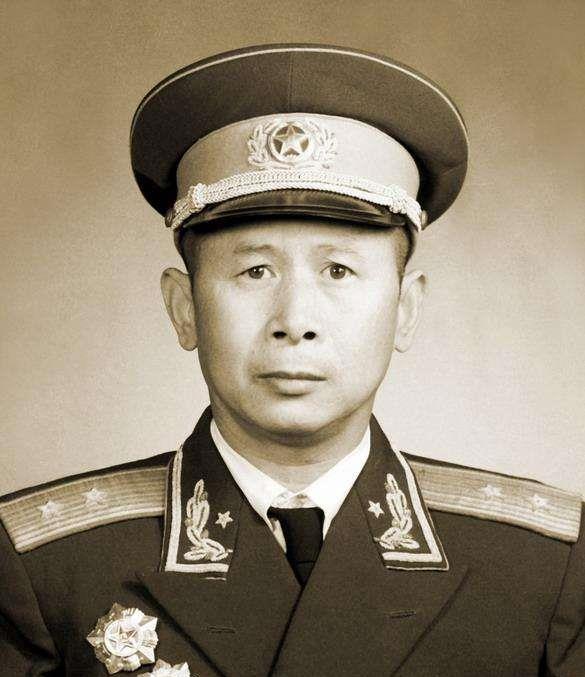Chen Geng was a well-known general in our army, and naturally there was no shortage of fierce generals under his command, among whom there were four recognized fierce generals: Zhou Xihan, Chen Kang, Li Chengfang, and Zha Yusheng. Today, let's take a look at Chen Kang, whose name is most similar to Chen Geng.

Interestingly, in addition to their similar names, the two have similar birthdays, one on February 27 and the other on February 28. In addition, the two of them have a hometown in Hubei and one in Hunan, which is very close.
When Chen Geng was chief of staff of the Red Fourth Front, Chen Kang was a junior officer under him. By the time of the War of Resistance Against Japanese Aggression, Chen Geng had been promoted to brigade commander of the 386th Brigade of the 129th Division of the Eighth Route Army, and Chen Kang was the commander of his regiment. Before the Liberation War, Chen Geng became the commander of the Taiyue Military Region, and Chen Kang was the commander of the military sub-district directly under him. After the liberation war began, Chen Kang continued to serve as a brigade commander and deputy commander under Chen Geng. It can be said that Chen Kang has always been very much valued by Chen Geng.
Chen Geng's most famous achievement was the capture alive of Tang Yao, the deputy commander-in-chief of the Kuomintang Army. At the end of 1949, Chen Kang was ordered to pursue the Kuomintang 8th Army and 26th Army. At that time, the Kuomintang was preparing to flee by plane, but Chen Kang launched a surprise attack, which took 14 days to raid more than 1800 miles, ran through the Kuomintang army's cars with two legs, and preemptively occupied the airport. Chen Kang then continued to pursue the Kuomintang forces in Yunnan and captured Tang Yao, deputy commander-in-chief of the Kuomintang army, alive.
Chen Kang did not want to die in battle, so his body was naturally scarred, and by the time he was old, he still had 11 pieces of shrapnel left in his body. In Chen Kang's later years, once a reporter interviewed him, he pointed to the scars on his body, gave an example of when his scars in one place were injured, and then told reporters that every time he paid for an injury, he would be promoted to an official. Therefore, his deputy commander was brought up by the first level of battle merit, and it was definitely not by patting himself on the back.
After the founding of the People's Republic of China, Chen Kang served as the commander of the Yunnan Provincial Military Region and the acting commander of the Kunming Military Region. In such a high position, Chen Kang did not begin to enjoy a comfortable life, but according to the local natural conditions, he studied a set of subtropical mountain jungle combat experience, which was highly affirmed by the Central Military Commission, so Chen Kang was also known as the "jungle tiger".
It is said that Tan Kham is well-known in the Vietnamese army, and many Vietnamese generals regard him as a teacher. In the counterattack against the Vietnamese self-defense, as long as Chen Kang came out, the Vietnamese army would retreat.
Chen Kang lived in the United States and Australia for a while after retirement, and some sinister reporters asked him if the foreign moon was rounder. Chen Kang shouted, "Round fart, it is also a big pie!" ”